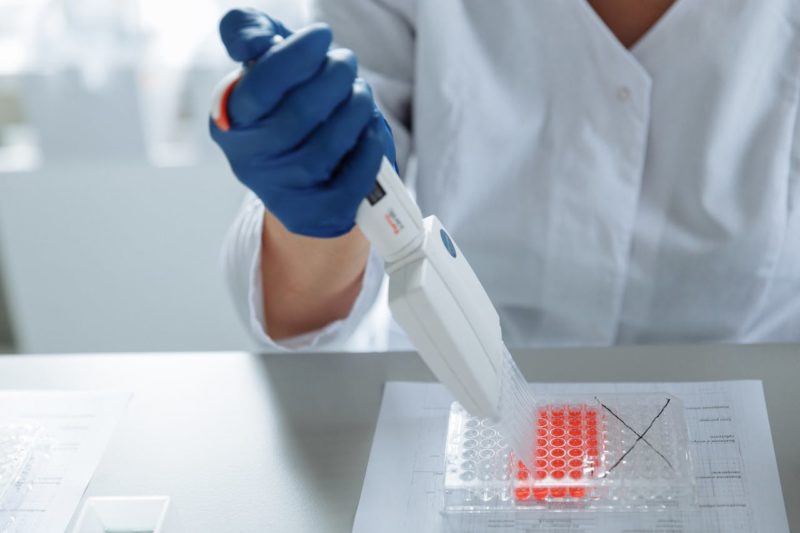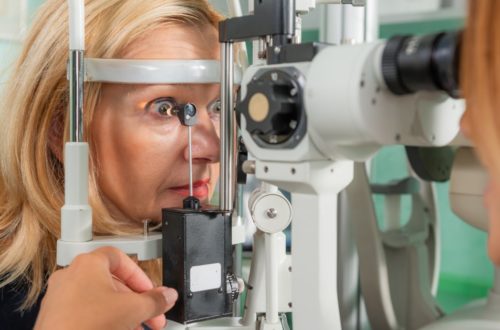Stem Cell Therapy: The Next Frontier in Treating Chronic Conditions

Chronic conditions affect millions worldwide, often leaving patients with limited treatment options focused on symptom management rather than addressing root causes. However, stem cell therapy is emerging as a revolutionary approach that promises to transform how we treat persistent health challenges by harnessing the body’s natural healing mechanisms.
Understanding Stem Cell Therapy
Stem cells are the body’s master cells, possessing the remarkable ability to develop into various specialized cell types including bone, cartilage, muscle, and nerve tissue. What makes them particularly valuable is their capacity for self-renewal and potential to repair damaged tissues.
The therapy involves harvesting stem cells from the patient’s own body, typically from adipose tissue or bone marrow, then processing and concentrating them before reintroducing them to areas of injury or degeneration. This autologous approach minimizes rejection risks and adverse reactions, making it safer than many traditional treatments.
Promising Applications for Chronic Conditions
Stem cell therapy shows remarkable versatility across multiple chronic conditions. Orthopedic issues represent one of the most promising areas, with patients experiencing significant improvements in joint pain and mobility. Osteoarthritis, affecting millions globally, has shown particularly encouraging results in clinical studies.
Cardiovascular conditions are another frontier where patients have experienced improved cardiac function and reduced symptoms. The therapy’s ability to promote new blood vessel formation and repair damaged heart tissue offers hope for historically difficult-to-treat conditions.
Autoimmune disorders, including multiple sclerosis and rheumatoid arthritis, are also being targeted with promising early research suggesting these treatments may help modulate immune responses and reduce inflammatory processes.
Neurological conditions present exciting potential applications, with patients suffering from Parkinson’s disease, stroke-related damage, and traumatic brain injury participating in studies exploring stem cell therapy’s neuroprotective and regenerative properties.
The Science Behind Regenerative Healing
When introduced to damaged tissue, stem cells differentiate into specific cell types needed for repair while releasing growth factors and cytokines that stimulate natural healing processes. These cellular messengers reduce inflammation, promote new blood vessel formation, and recruit other repair cells to treatment sites.
This multi-faceted approach addresses not just symptoms but potentially underlying causes of chronic conditions. Research has also revealed that stem cells possess immunomodulatory properties, helping regulate immune system responses—particularly valuable for autoimmune conditions and chronic inflammation management.
Current Research and Evidence
The scientific community has embraced stem cell research with unprecedented enthusiasm, leading to thousands of studies worldwide. Major medical institutions conduct rigorous research establishing safety protocols and efficacy standards across various applications.
Recent peer-reviewed studies demonstrate encouraging results across multiple conditions. Orthopedic applications show robust evidence with measurable improvements in pain scores, joint function, and quality of life. Cardiovascular research reveals promising results in treating heart failure, with improved exercise capacity and reduced hospitalization rates.
Patient Experience and Expectations
The stem cell therapy process begins with comprehensive evaluation to determine treatment candidacy. Healthcare providers assess medical history, condition severity, and previous treatment responses to develop appropriate treatment plans.
Most treatments are performed on an outpatient basis with minimal downtime. Patients report relatively mild discomfort during procedures, which are generally well-tolerated compared to traditional surgical interventions.
Recovery timelines vary based on individual factors and specific conditions. Some patients notice improvements within weeks, while others require several months for full benefits. For those seeking advanced regenerative treatments, specialized clinics offering stem cell therapy Denver and other locations provide comprehensive care using the latest protocols.
Safety and Realistic Expectations
While stem cell therapy offers tremendous promise, patients should approach treatment with realistic expectations. Common side effects include temporary soreness at injection sites, mild swelling, or brief symptom increases as healing begins. Serious complications are rare when performed by qualified practitioners.
Patients should avoid clinics making unrealistic promises. Legitimate providers discuss both potential benefits and limitations honestly, ensuring patients understand that results vary significantly between individuals.
The Future of Regenerative Medicine
The field continues evolving rapidly with new discoveries and applications. Advanced techniques including gene therapy combinations and personalized cell therapies represent the next innovation wave that may further enhance outcomes.
As our understanding of cellular biology deepens, we can expect more targeted and sophisticated treatments. Integration of artificial intelligence and precision medicine will likely lead to personalized protocols optimized for individual patient characteristics.
Conclusion
Stem cell therapy represents a genuine breakthrough in treating chronic conditions, offering hope to patients who have exhausted conventional options. By addressing underlying tissue damage rather than just managing symptoms, this innovative approach provides a fundamentally different treatment paradigm.
While the field continues evolving, current evidence suggests stem cell therapy will play an increasingly important role in modern medicine, offering new pathways to improved health and quality of life for patients worldwide.
Would you like to receive similar articles by email?





